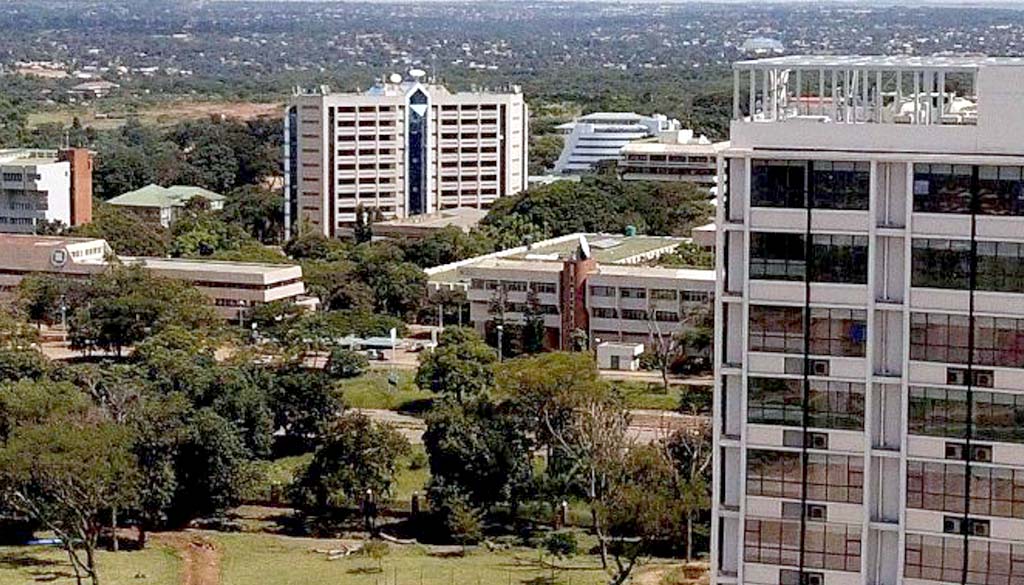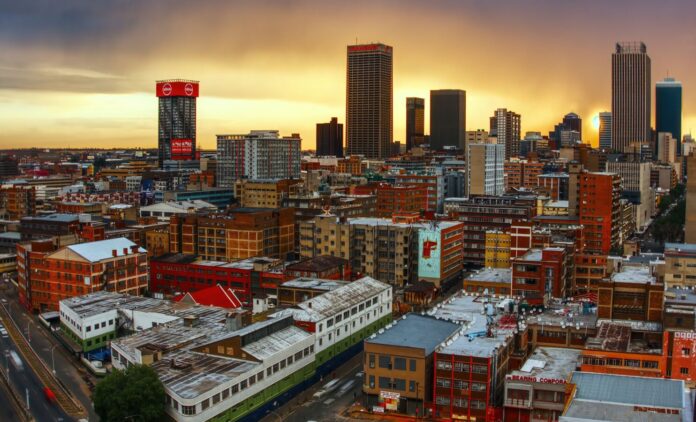Prime office spaces in Africa’s major cities continue to attract strong demand from organizations, corporations, and investors, offering modern infrastructure, flexible layouts, and amenities that support productivity, collaboration, and hybrid work.
These high-grade offices, often located in central business districts and prestigious commercial hubs, consistently outperform secondary stock in occupancy, rents, and tenant preference.
Across the continent, Grade A and ESG-compliant offices are driving a widening gap between prime and secondary markets.
In several key CBDs, occupancy rates for high-quality offices have surpassed 90%, reflecting a pronounced flight-to-quality trend as tenants prioritize efficiency, technology, and sustainability.
Hybrid work models are driving demand for smaller, flexible, and adaptable office layouts.
While this supports productivity and talent access, uneven digital infrastructure and varying cultural readiness remain challenges. Landlords are responding with agile leases, fit-out allowances, and rent incentives to stay competitive.
This article ranks the top 10 most expensive African cities for prime office space in H1 2025, presenting average rents per square meter, comparisons with H1 2024, and insights into emerging market dynamics.
The data is drawn from Knight Frank’s The Africa Offices Market Dashboard for H1 2025, which tracks rental performance and office market trends across Africa.

Lilongwe, the capital of Malawi, ranked as the tenth most expensive city for prime office space in Africa in the first half of 2025. Grade A offices commanded average monthly rents of $10.32 per sqm, up from $8.6 per sqm in H1 2024, driven by strong demand from financial institutions, NGOs, and regional corporates.
Macroeconomic challenges, including recent USAID funding restrictions, prompted many occupiers to adopt cost-conscious strategies such as downsizing or relocating to more affordable Grade B offices. While these options offer financial relief, they often fall short of modern requirements such as enhanced security, energy efficiency, and high-quality specifications.






